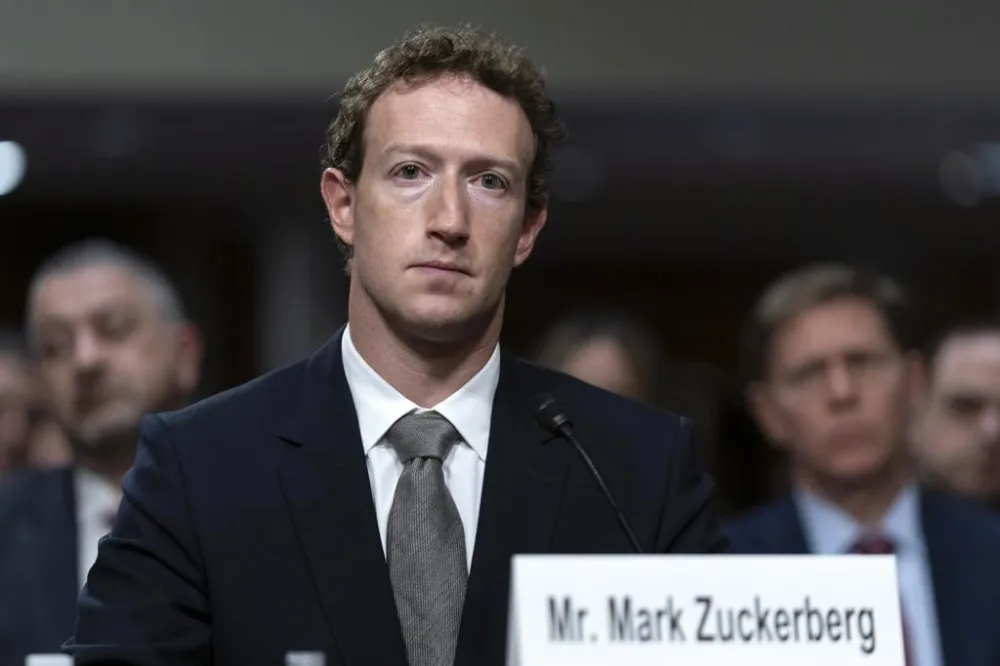On Jan. 31, the tech giants of the world were humbled.
Mark Zuckerberg, best known for creating Facebook, attended a hearing in the Senate to address concerns over the linkage of mental health issues of children with exposure to social media. Along with Zuckerberg, several other leaders in the social media industry faced the Senate and answered questions about children’s safety on the internet. Key issues such as online predators and harassment were brought up at the hearing.
While at the hearing, Zuckerberg gave a heartfelt apology to those affected by the negative aspects of his creations.
“I’m sorry for everything you have all been through. No one should go through the things that your families have suffered and this is why we invest so much and we are going to continue doing industry-wide efforts to make sure no one has to go through the things your families have had to suffer,” Zuckerberg said.
Lawmakers in the Senate posed questions about child safety online and measures put in place to protect children on the internet. Congress currently has legislation in progress that is set to protect material posted by minors on social media. Many advocates of these bills have cited risks of depression and suicide being linked to social media usage.
Senator Amy Klobuchar has been a prominent voice in advocating for new legislation.
“I’m so tired of this. It’s been 28 years… since the start of the internet. We haven’t passed any of these bills, because everyone’s ‘double talk, double talk.’ It’s time to actually pass them,” Klobuchar said.
Notably, the Cooper-Davis Act has emerged with bipartisan support from the Senate. This act requires social media platforms and messaging apps to report sightings of drug trafficking. Under these rules, social media companies must report any signs or information related to illegal dealings immediately.
CEO of Snapchat Evan Spiegel endorsed his support for the act at the hearing. Spiegel remains the only CEO of those at the hearing to proactively work to produce legislation and meet with victims of illegal dealings.
Shou Zi Chew, CEO of TikTok, willingly agreed to testify in front of the panel. GOP Senator Tom Cotton repeatedly asked if Chew had any ties to the Chinese Communist Party. The CEO is Singaporean. The parent company of TikTok ByteDance is Chinese-based.
Many U.S. officials have voiced concerns over American user data being housed in a Chinese platform that is easily accessible by the Chinese government. Some legislators have pushed a complete ban on the app.
Relations between China and the United States remain tense. China poses a major threat economically to the U.S. in terms of exports and production. Recently, the development of Chinese military capabilities and weapons has posed complex challenges to international security.
Relations have stabilized this year, but the U.S. remains cautious. Last Nov., Joe Biden held a summit with President Xi Jinping. The two leaders had a civil discussion and emphasized their individual values while also discussing common ground.
In addition to the rapid expansion of social media into the public sphere, the future of artificial intelligence rapidly expands as well. Humans are becoming more interconnected with the internet and technology every day, and the future of the younger generations remains unclear. How will an increasingly connected digital world affect future generations and their dependence on technology?









